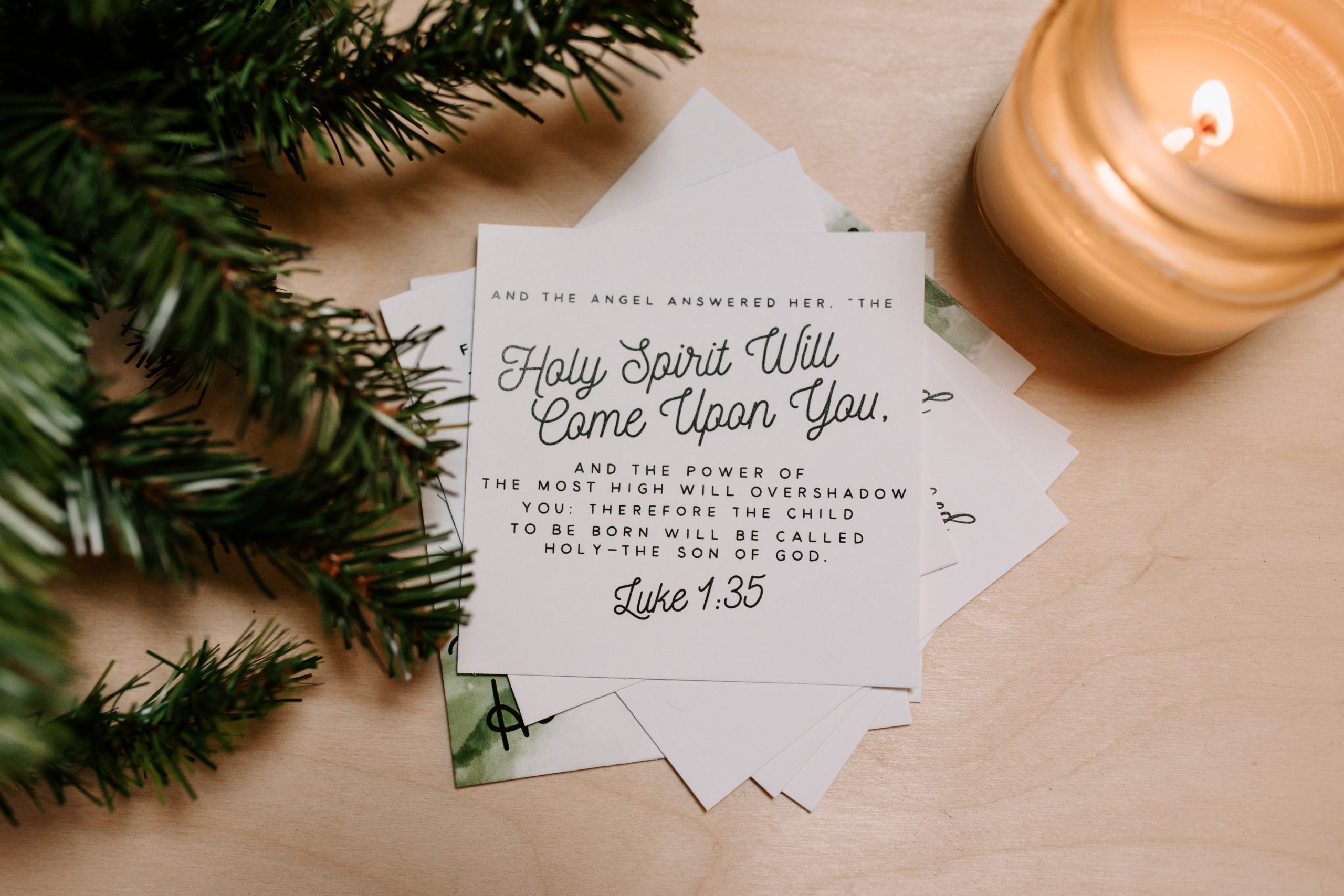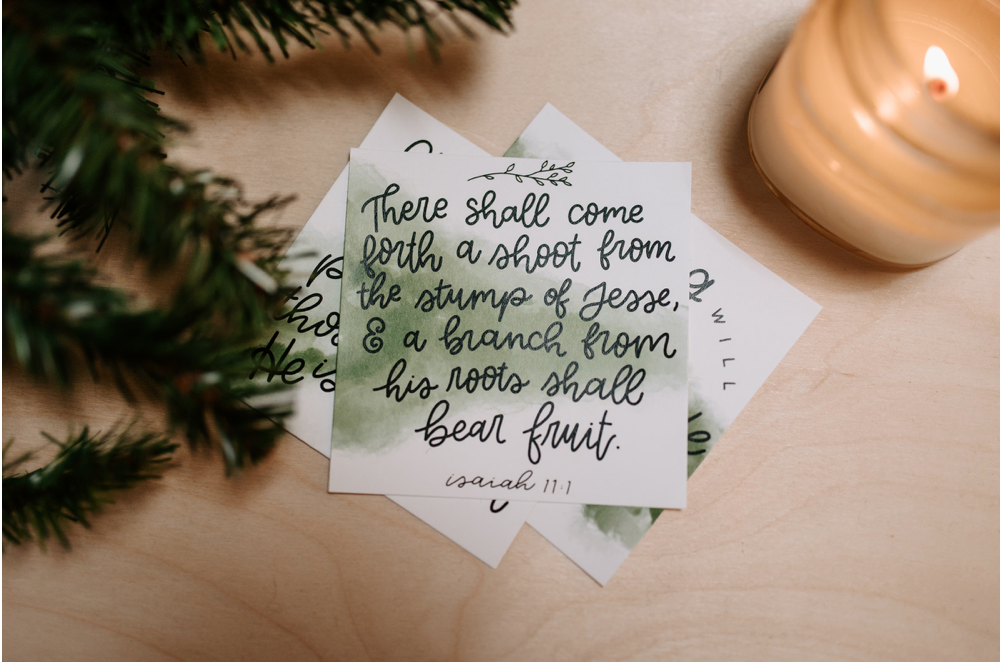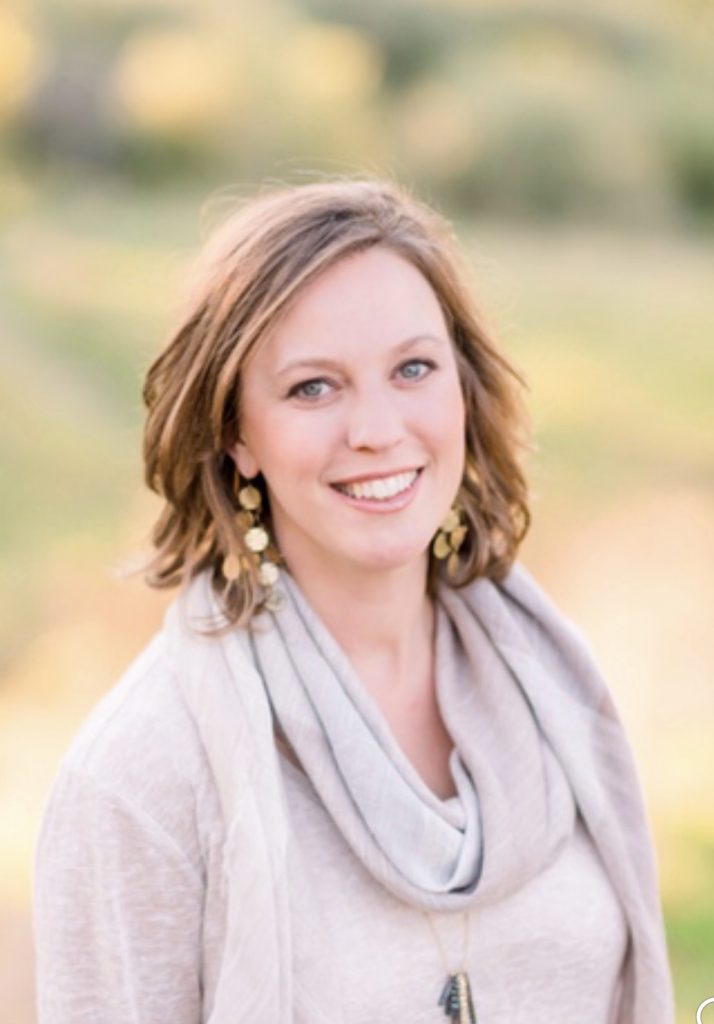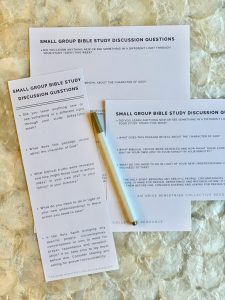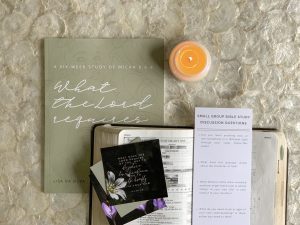“Carry each other’s burdens, and in this way you will fulfill the law of Christ.” Galatians 6:2
The Powell River Circuit is a 35-mile canoe journey that crosses 8 lakes and includes 5 hilly portage hikes. Loaded with tents, sleeping bags, cooking gear and food rations crammed into overnight backpacks, my high school gym class set out for the 5-day adventure in a remote part of British Columbia’s Sunshine Coast. We’d been preparing for months and organized ourselves in partners to divide tasks and plan for success. It didn’t take long for Janice and I to realize we needed help.
The idea of portaging is simple: Canoe across a lake and pull up to a portage— basically a hiking trail —then unload the gear and carry it (including the canoe) to a re-entry point on another lake. It sounds easy, but no amount of tenacity could achieve what our bodies could not. After miles of paddling, the canoe was too heavy for our weary arms and didn’t rest on our frameless packs the way it did for some of our classmates. Soon into our second portage, Bryce switched spots with Janice and carried the weight of our canoe while I balanced it in the back. Before long, students traded backpacks and partners to ensure the load was shared. While everyone had something to carry, burdens were distributed based on need and competency. Some of my classmates were physically stronger, some had more food, some had better endurance, and others were able to make wise decisions in a hurry (an invaluable asset when a storm arose, capsized canoes in near-freezing water, and separated us from our teachers).
Carrying each other’s physical, spiritual, and emotional burdens is a form of loving one another. It fulfills the second greatest commandment, to “love your neighbor as yourself” and is evidence of the first, to “love the Lord your God with all your heart and with all your soul and with all your mind” (Matthew 22:36-40). While we should never negate our own responsibilities and burdens (Galatians 6:8), Paul knew that the best way for the Galatians to live was in community – where pride and self-sufficiency is exchanged for dependence on Christ and others.
Let’s purposefully lighten the loads of our brothers and sisters and allow them to carry ours when we can’t; running the good race (Galatians 5:7) together in a quest to finish strong.
For Further Study
Remembering that there were no chapter divisions in the original text, read Galatians 5:25-6:10. Note everything related to “another” or pertaining to how we should live alongside/in community with others.
Look back over your notes and star anything in the lists that reflect areas where you struggle to maintain Paul’s exhortation for Christ-like community living. Thank the Holy Spirit for bringing these things to your attention, and take time to confess them. Ask the Holy Spirit to guide you as you make changes and seek to bear others’ burdens.
Finally, re-read Galatians 6:2 and write a responsive prayer. Feel free to use this one and insert your own reflections.
Father, thank you for the gift of community through Christ. Forgive me for the ways I try to carry burdens not meant for me to carry alone. Help me see the strengths and gifts you’ve given me that will help lessen the load of others. I confess to being (insert appropriate words and phrases from your observations here) and long for a deep and true faith that pleases the Spirit. Amen.

About the Author: Lisa DaSilva is a wife, mom of two young adults, and advocate for women to love God with their heart, soul and mind as they engage in responsible study of His Word. With an M.Ed in Curriculum Development and a teacher by trade and passion, she writes, speaks, and teaches the Bible to anyone who will read or listen. As the director of Arise Ministries Collective in the beautiful Pacific Northwest, Lisa believes every woman has a voice. She longs for the day when they find freedom to use it for the glory of God and the furthering of His Kingdom. Lisa is a recovering striver, lover of simplicity and thrift store junkie. She often has to convince people she’s an introvert. Just a loud one.
 About the Author:
About the Author: